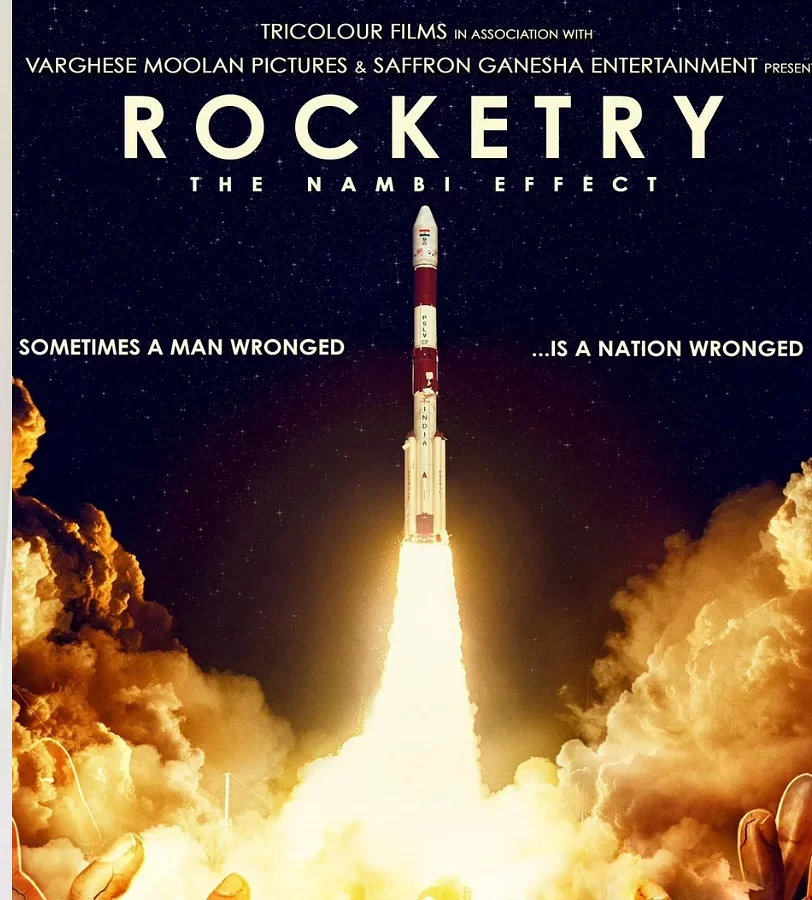MUMBAI: In April 2007, the U.S. case challenged the legality of several of the maze of Chinese laws and regulations that strictly control and restrict the ability of the U.S. film industry to bring it’s movies to Chinese audiences.
China has maintained its state owned monopoly on the importation of films, its restrictions on U.S.-owned companies that keep them from importing DVDs, as well as its barriers preventing U.S. companies from distributing DVDs to Chinese consumers, or even investing in such companies. The WTO found all of these barriers to be violations of China’s international obligations.
The United States made a further, complex charge alleging that China’s scheme controlling the way U.S. films are distributed to Chinese theaters is discriminatory. The Chinese government explained that its laws would permit other companies, beside the state-owned monopoly that currently controls this market, to enter this business. The WTO accepted those assurances and thus did not find that those rules are illegal. The WTO ruling did not, however, address the twenty film quota. That restriction remains in place.
Motion Picture Association of America chairman and CEO Dan Glickman made the following statement upon news of the announced WTO decision regarding the United States’ market access case against China, "The United States film industry won a major victory in its years-long battle to open the Chinese movie market today. The WTO decided in the U.S. government’s favor on virtually every count, declaring some of China’s most difficult barriers to its entertainment market to be clear violations of international trade rules. The decision points a way forward that will begin to even the playing field in this important market. The WTO struck down China’s film import monopoly as well as the barriers that keep U.S. companies from importing and distributing DVDs in China. The U.S. government also challenged the monopoly China maintains over the distribution of U.S. movies shown in Chinese theaters, and the WTO ruled that based on the statements that China made during the proceeding and China’s laws do not prevent opening this market to competition, another long-sought objective of the industry."
"The Chinese system for distributing U.S. films to Chinese audiences is among the most restrictive and burdensome in the world. After years of pressing the Chinese to ease these barriers it is potentially promising that the Chinese government has now, in its own words, indicated that a pathway does exist to ensure that U.S. films are treated in a more evenhanded manner and more in line with accepted commercial practices. This decision, coupled with the recent announcement from the State Council that the Chinese government intends to lower market access thresholds for the cultural industry, may be an opening we have been seeking," he added.
"This ruling will complement our strategy to fight movie piracy in China. In spite of all the restrictions we face, there is no shortage of U.S. filmed entertainment in China. Unfortunately, far too much of it is pirated, benefiting neither the legitimate Chinese businesses that are tied to and profit from showing U.S. movies nor, of course, the U.S. companies that are playing by the rules. This ruling represents a positive step in promoting the growth of legitimate U.S. movies in a market that is growing rapidly, and with great potential," he said.
"Today’s ruling is the result of an enormous commitment from the members of the MPAA, our team, and significantly, the tremendously talented, dedicated team at the Office of the U.S. Trade Representative. The Obama Administration’s Office of the U.S. Trade Representative, under the tenacious leadership of Ambassador Kirk, brought the decision home, and I applaud them for their hard work. I also want to thank the tireless efforts of Ambassador Schwab and her team in the previous Administration as well as the many Members of Congress and Senators who supported this case."




